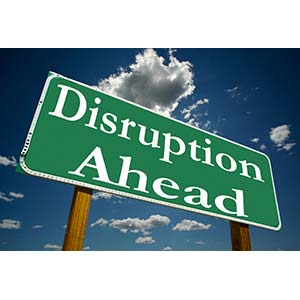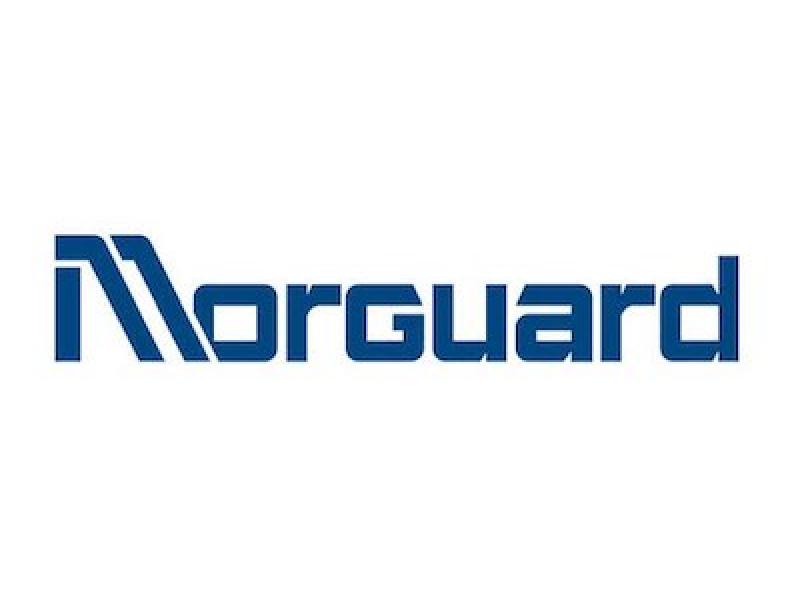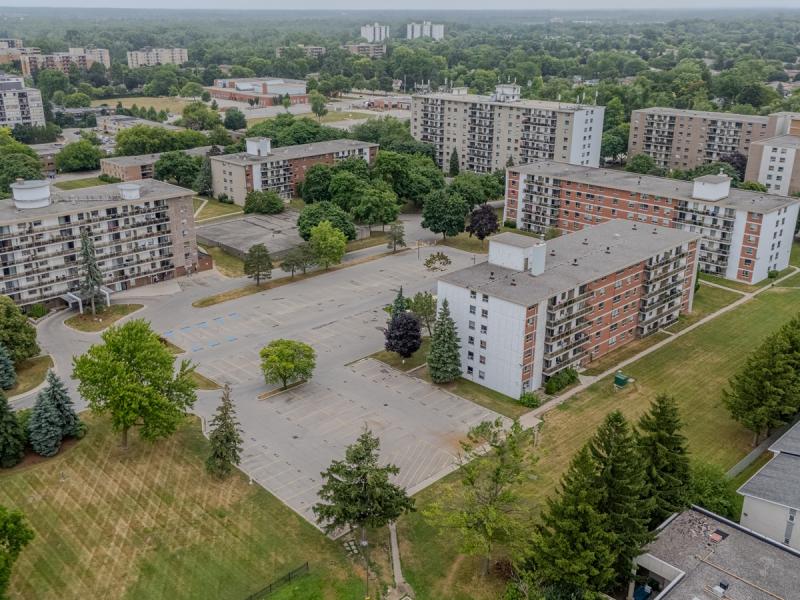There’s never been a better moment in the history of commercial real estate in Calgary, or anywhere in the world. And the lessons we can learn from the Calgary marketplace apply regardless of where you live, or even what industry you’re in.
 Given what’s going on in Calgary, with depressed oil prices and ten million square feet of vacant office space and all the other depressing things we can point to, it may be hard to see what’s so good about it.
Given what’s going on in Calgary, with depressed oil prices and ten million square feet of vacant office space and all the other depressing things we can point to, it may be hard to see what’s so good about it.
The more I started thinking about the situation in Calgary, the more I started to realize what a perfect moment this is in commercial real estate, and across industrial sectors. And the more I started to stand back and look at what is really going on the more I started to see that new technologies and new ways of thinking about the world are going to create all kinds of opportunities that are more exciting than any downturn, or momentary market shift, ever could be.
A perfect moment for commercial real estate
When I talked to various smart and very senior commercial real estate people as research for the speech this article is based on, they all said some variation of: “Things aren’t great.”
Then I asked, ”How long is this going to last?”
And they said things that amounted to “a gradual recovery”.
So I read a bunch of books and talked to people from all kinds of other industries and looked, not just at commercial real estate, but at moments-in-history that resembled this one in all industries. And I have built my own graph to show you how I think things are going to look over the next ten to twenty to fifty or a hundred years.
That’s the good news I want to share in this series: in that confusion and disruption there is opportunity. And that opportunity is going to favour the people who start to use marketing to position themselves with the long game in mind.
Key market disruptors
Using office space as an example, let’s look at millennials and merging technology as two key market disruptors.
Millennials are messing up the traditional ideas about how many square feet per person are required for office space. They like working in clumps and changing their mind and working at home sometimes and then moving to a new city because they are bored. Those are all gross generalizations of course, but we are seeing the impact of these new attitudes.
Look at the massive popularity of companies like WeWork – which is a huge success in the USA but hasn’t really hit Canada in any meaningful way. If you don’t know about them, I urge you to Google “WeWork.” They have it figured out, and their growth is all the proof you need. It’s basically the very old idea of small office spaces sharing an address and a receptionist. But it’s entirely disruptive now, and rethought for a new generation.
We spent a day meeting at the WeWork in Seattle, and it blew my mind. Long library tables. Small glassed-in offices. An indie-coffee-shop lounge. The receptionists are the baristas at the front check-in-counter-cappuccino-bar and the whole thing just felt like the most giant, fun, work-related-theme-park I’d ever been to.
I am so excited to be working at home these days, having sold my company. But after my day at WeWork, I’m waiting for them to open in Vancouver and I’ll be first in line; home-office be damned.
There are companies like LiquidSpace and PivotDesk and Sharedesk who all offer variations on the theme. Basically, they are like the AirBnB of office space: you can have an office when you want and then ditch it when you don’t, or you can grow into three times as much space overnight, and then ditch that the next week.
What else are the Millennials doing?
They are showing us all that the old ways are not necessarily the only ways. They are moving around at lightning speed. They are leaving behind concepts like working hard until they amass a bunch of stuff and find a mate and buy a house and have kids and settle down – they are mobile and nimble and fickle – and happier than most of us old-timers ever were or ever will be because of it.
They are also, as of the last year or so, the largest demographic group on the planet. That’s right, the Boomers are now in second place.
So what the Millennials want is going to happen, just like when the Boomers created markets before them. The Millennials are coming at us like a train with no brakes and they are going to be our overlords. This will change every single industry in ways that we can’t fully predict except to say it is going to be huge.
Read part two of this article in next week’s edition of Property Biz Canada on September 22, 2106.
—————–
DAVID ALLISON advises clients across Canada and the USA about how to build a great brand and tell a great story. He has worked on hundreds of commercial, residential, industrial and recreational real estate projects around the world.
He was the national VP Marketing for a Canadian luxury real estate brokerage. He was VP Marketing for a global real-estate project-marketing operation with offices in 70+ countries around the world.
He’s written three books on real estate development marketing, won numerous industry awards, taught masters and undergraduate university marketing classes, and served on the board of the Urban Development Institute Pacific Region for 5 years.
He is a frequent speaker, writes for industry publications, and in 2015 was named Editor-at-large by the Urban Development Institute.







